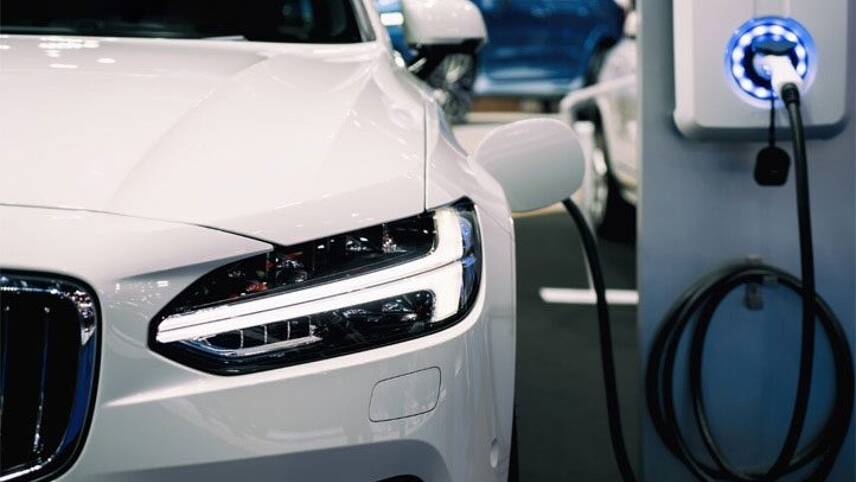Register for free and continue reading
Join our growing army of changemakers and get unlimited access to our premium content

The UK's EV stock has been growing than its charging infrastructure for several years now
Through its Office for Zero-Emission Vehicles (OZEV), the Department is consulting on whether it would be supported to introduce a mandate requiring the operators of non-residential car parks to install a minimum number of charging points. The consultation suggests one charger for every 10 parking spaces as a potential target in the short-term and proposes that landowners should ultimately prepare to host at least one charger for every five spaces.
The consultation is on whether the Department should have the power to enact such a mandate, meaning that changes will not be implemented immediately.
Also under consultation are new powers obligating local councils to plan, disclose, deliver and report on EV infrastructure plans. A recent study from Centrica found that local authorities in the UK will play host to just 35 on-street electric vehicle (EV) chargers on average by 2025. However, councils broadly cited funding constraints, rather than a lack of mandate from Whitehall, as the key challenge. An FOI request by the Guardian in 2019 found a similar trend. Of more than 300 councils, some 100 said they had no confirmed plans to install more charging points due to financial constraints.
The private and public sectors, the DfT has proposed, could be supported to finance the installation of new EV charging infrastructure through a new £950m fund, to be allocated on a competitive basis. The Rapid Charging Fund would, the DfT is proposing, accept applications from service operators on motorways and major A roads across England.
Additionally, the DfT is consulting on changes for the designers and operators or charging points and networks themselves, intended to improve the use experience for motorists. Ministers are asking for views on whether chargepoint design specifications are changed to improve accessibility, safety, familiarity and compatibility with a broad range of vehicles. They are also mulling how best to improve customer protections against poor service.
Consultations on all four proposals will close at 11.45pm GMT on 22 November.
A pivotal decade
The UK is banning the sale of new petrol and diesel cars by 2030 and Transport Secretary Grant Shapps has stated that EVs are “set to become the norm within the decade”.
However, many green groups have argued that the ban needs to be backed up with more investment in infrastructure and support for consumers who may struggle with the upfront cost of an EV.
A Policy Exchange report in February revealed that the UK’s annual charging point installation rate is currently just one-fifth of the levels needed to deliver the transition. Some 35,000 new points must be added annually through to 2030, the report stated, claiming that many local councils do not have the funding or in-house expertise to accelerate delivery.
Similarly, an FOI request from DevicePilot found that English councils received just £0.45 per capita of government funding for EV charging infrastructure in the past year.
Then, in May, MPs on the Public Accounts Committee (PAC) published a report entitled ‘first report – low-emission cars’. The document urges MPs to better collaborate across Whitehall and with the private sector and regulators, on EV-related issues including upfront costs and charging infrastructure.
Many groups have pointed to the fact that not all regions benefit from equal access to EV infrastructure. The DfT has, therefore, promised to develop a specific Future of Transport Rural Strategy.
Sarah George


Please login or Register to leave a comment.